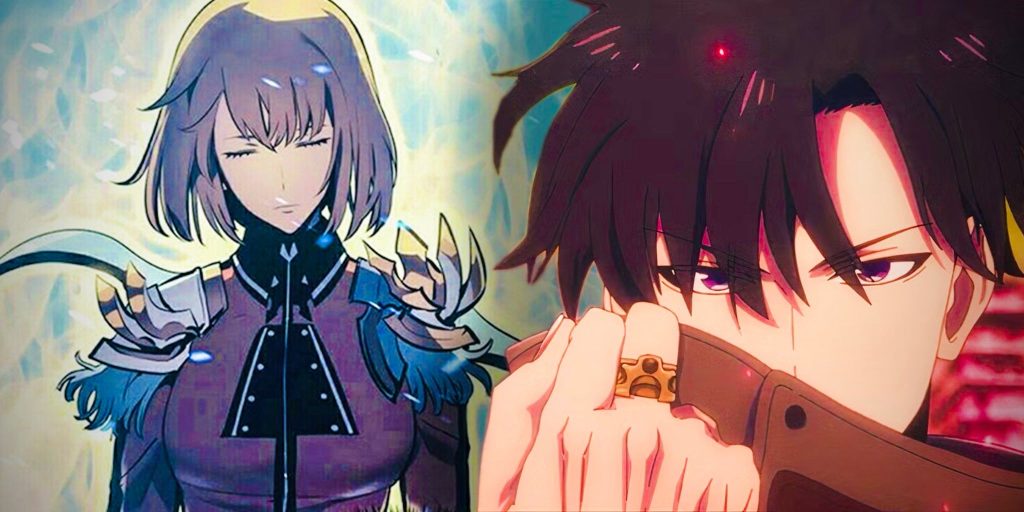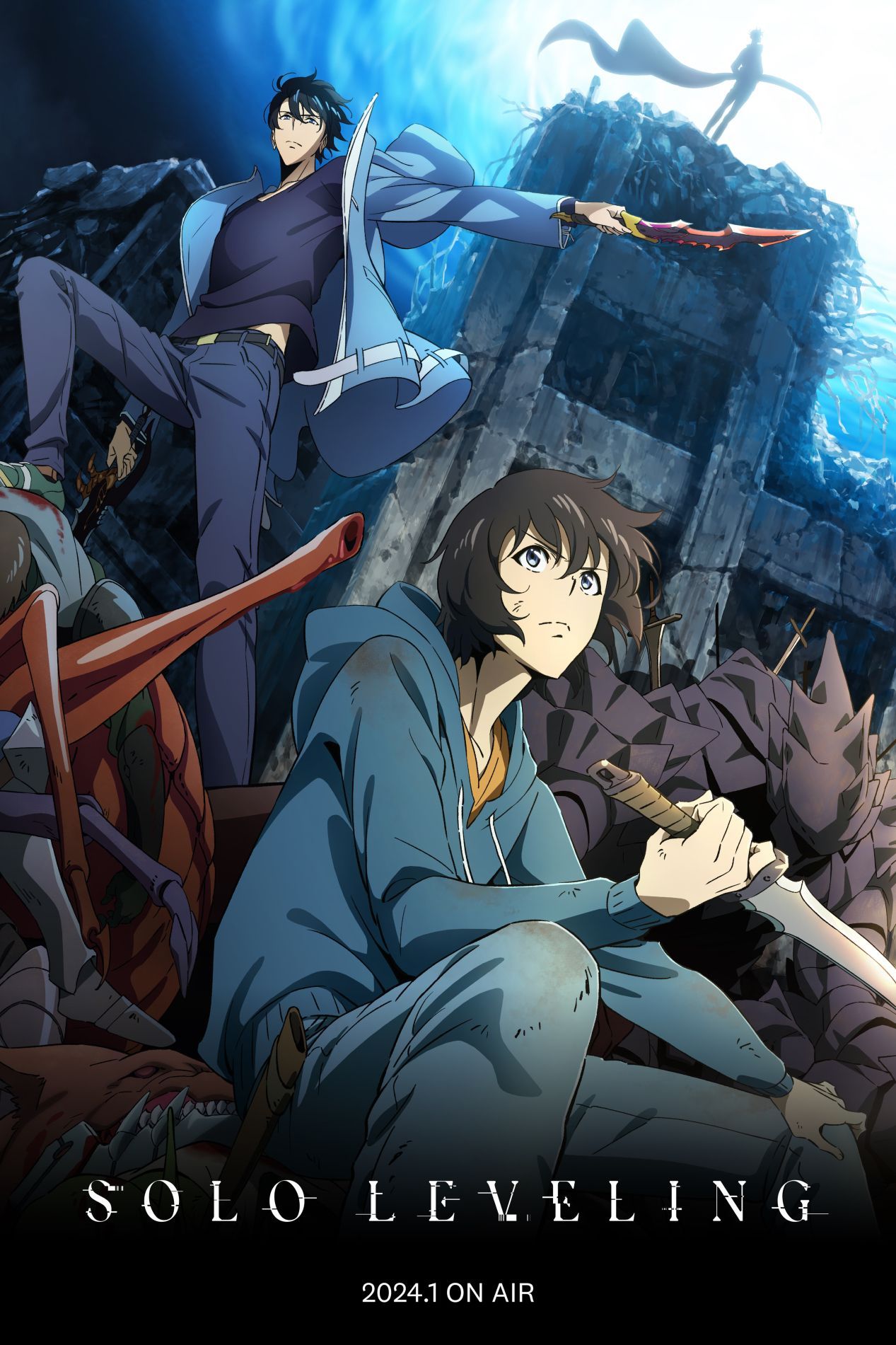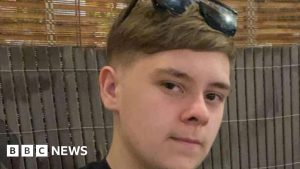The following contains spoilers for the Solo Leveling manhwa and Season 2 of the anime.
Solo Leveling has already become one of the biggest anime on the planet, and like its protagonist, Sung Jinwoo, every hype fight and moment only seems to make the series stronger. A major part of the anime’s astronomical rise to fame was the fact that Solo Leveling was already based on an extremely popular manhwa and light novel series written by Chugong and illustrated by DUBU. Building off the hype of the source material, Solo Leveling’s anime adaptation has taken the series to the next level in many ways. Apart from popularizing Sung Jinwoo’s story, the medium of animation allows fans to experience the series’ biggest fights and dramatic moments in a way that’s even more immersive than ever.
Overall, the Solo Leveling anime has remained quite faithful to the source material. The series hasn’t skipped any especially major events, and the most iconic scenes from the manhwa have very often been done justice. Still, the anime has absolutely taken liberties in some aspects of the storyline, for better or worse. While some of those changes to the manhwa warrant criticism, the anime also has made some excellent alterations and additions that expand on the source material to further enrich the Solo Leveling Universe.
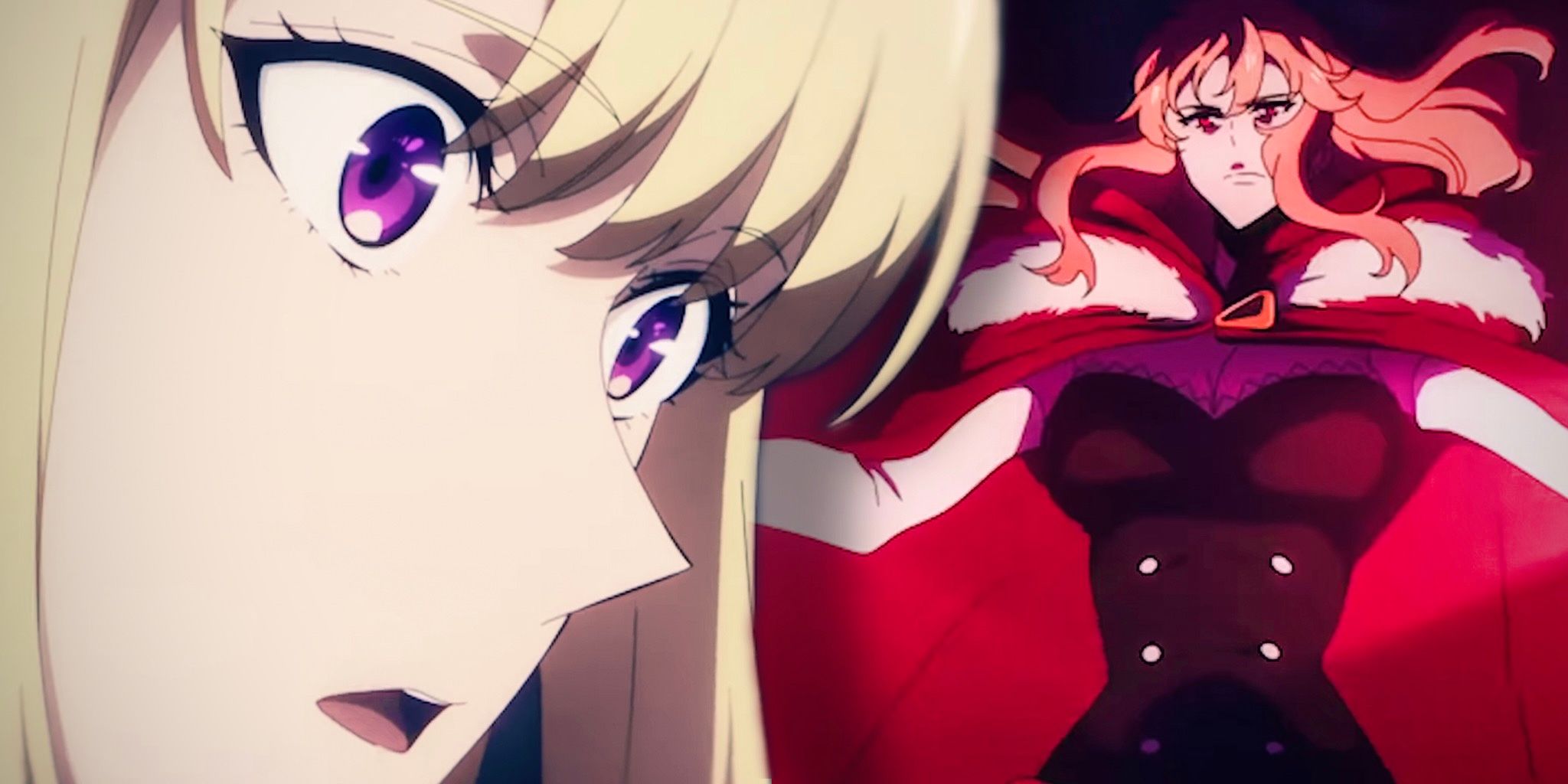
Related
Solo Leveling Episode 17 is defined by introductions (and lacks there-of), as Sung Jinwoo leaves the fight up to a capable team of side characters.
10
The Anime Foreshadows Future Events From the Beginning
Jeju Island Gets A Lot of Attention
One of the most interesting changes in the Solo Leveling anime has been the the inclusion of forwshadowing for future arcs that didn’t receive the same treatment in the manhwa. The most obvious example is the Jeju Island raid, which is a constant set-piece the anime returns to through Choi Jongin and Baek Yoonho. Aside from Jeju Island, other aspects of the series get some interesting foreshadowing that wasn’t in the manhwa. One more recent example comes during Ilhwan’s interrogation by Dongsoo.
In the anime, Ilhwan mentions that the great power to destroy the world has already awakened, clearly referencing the Shadow Monarch. He even tells Dongsoo how this power can potentially turn their numbers against them, referencing Jinwoo’s Shadow Extraction skill. In the manhwa, Ilhwan does tell Ilhwan “You will never rest in peace, even in death”, but he never directly references the shadow Monarch as obviously as in the anime. These kinds of subtle changes help the overall story feel like it has a clearer direction from the outset. It gives the impression that the events and world of Solo Leveling are more interconnected than they appeared to be in the manhwa.
9
The Anime is Giving Cha Haein More Screentime
Haein is Finally Getting The Love She Deserves
Cha Haein has a complicated and mixed history with Solo Leveling fans. On one hand, she’s one of the most important characters in the story and beloved by the fandom. On the other hand, she got very little attention or screentime in the manhwa, especially insofar as how important she is to the main character. Her love story with Jinwoo is often criticized for feeling shallow and like an afterthought in the source material, so the anime approached her story with a clear intent of addressing that issue.
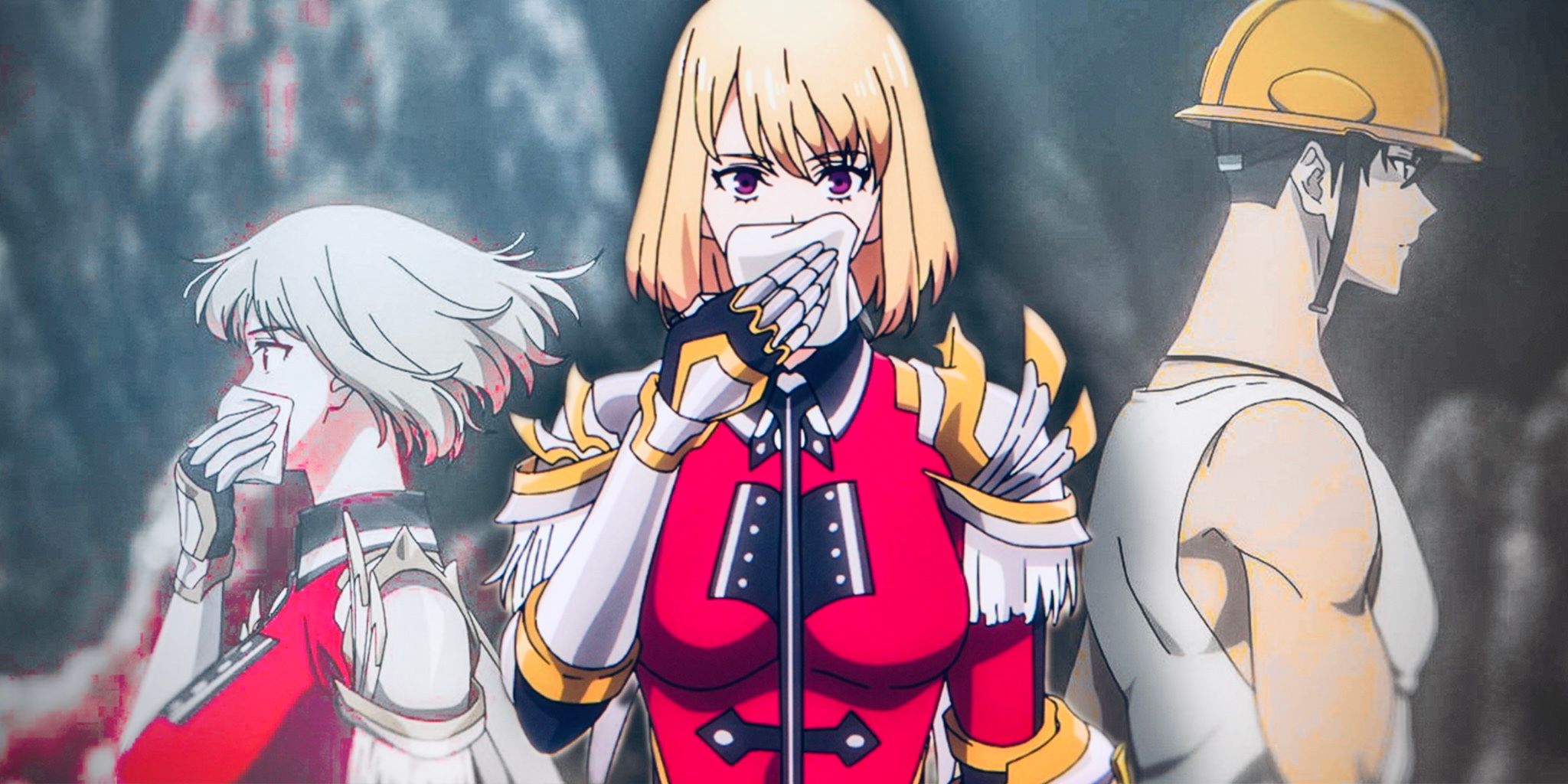
Related
Why Does Sung Jinwoo Smell Good to Cha Haein in Solo Leveling?
Sung Jinwoo smelling good to Cha Haein may seem like just a funny quirk, but it’s actually a hint at the deepest mysteries of Solo Leveling’s Universe
Whereas Haein doesn’t get introduced in the manhwa until Chapter 65, the anime shows her off in the very first episode. She’s presented as a powerful and well-loved celebrity in the anime, making her seem worlds away from Jinwoo, the weakest E Rank Hunter. Throughout the anime, she has repeatedly showed up with additional moments that expand her presence in the story considerably, helping Solo Leveling feel much less solo in the process.
8
The Anime Introduces Important Side Characters Earlier
Solo Leveling’s Most Popular Secondary Characters Are Treated Less Like An Afterthought in the Anime
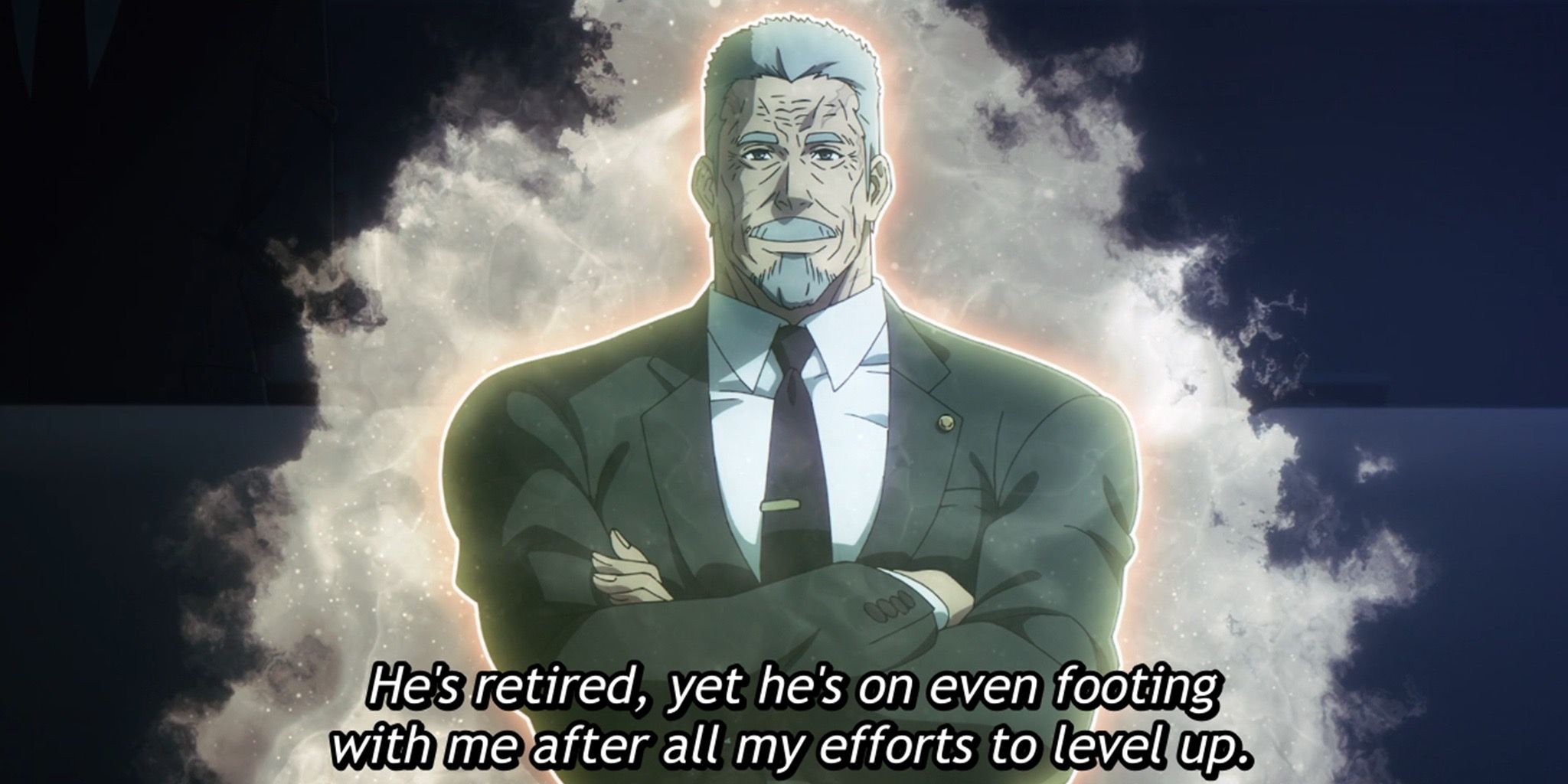
Aside from Cha Haein, other vital characters are introduced far earlier and receive way more screen-time in the early arcs. Two particular stand-outs are Choi Jongin, leader of the Hunter’s Guild, and Gunhee Go, President of the Hunter’s Association. These are two of the most powerful Hunters in Korea, and go on to be key figures in later arcs. The anime giving them more focus helps build their characters, make them more recognizable to audiences, and flesh out the story a bit more.
It can even be a bit more subtle at times. One of the more interesting early introductions in Season 1 was that of Kang Taeshik, the B Rank Assassin that Jinwoo fights from the Hunter’s Association. In the manhwa, Taeshik isn’t introduced until he goes on the raid with Jinwoo, but in the anime, he joins Jinchul in visiting Jinwoo at the hospital all the way back in Episode 3.
7
Yoo Jinho’s Story is Expanded in the Anime
Jinho is Treated Like The Major Character He Deserves to Be in the Anime
Yoo Jinho is a central character of Solo Leveling, as Jinwoo’s main partner throughout much of the series and one of his closest friends. The anime recognizes how vital Jinho’s role is by not only introducing him much earlier than in the manhwa, but by giving him and his family added scenes throughout much of the first season. In particular, Jinho’s familial relationships are expanded on, with his father playing a more prominent role with anime-only scenes.
The one exception is Yoo Suhyun, Jinho’s cousin and eventual secretary of Jinwoo’s Ahjin Guild. Judging by the events of the manhwa, Suhyun should’ve been first introduced in Episode 17, but her brief moment was put off in the interest of focusing on the main conflict at hand. It’ll be interesting to see how Suhyun is treated going forward, especially given how much more emphasis has been placed on Jinho and his family in the anime.
6
Jinwoo’s Evolution is Humanized More in The Anime
The System Has a Harder Time Breaking The Anime’s Version of Jinwoo Psychologically
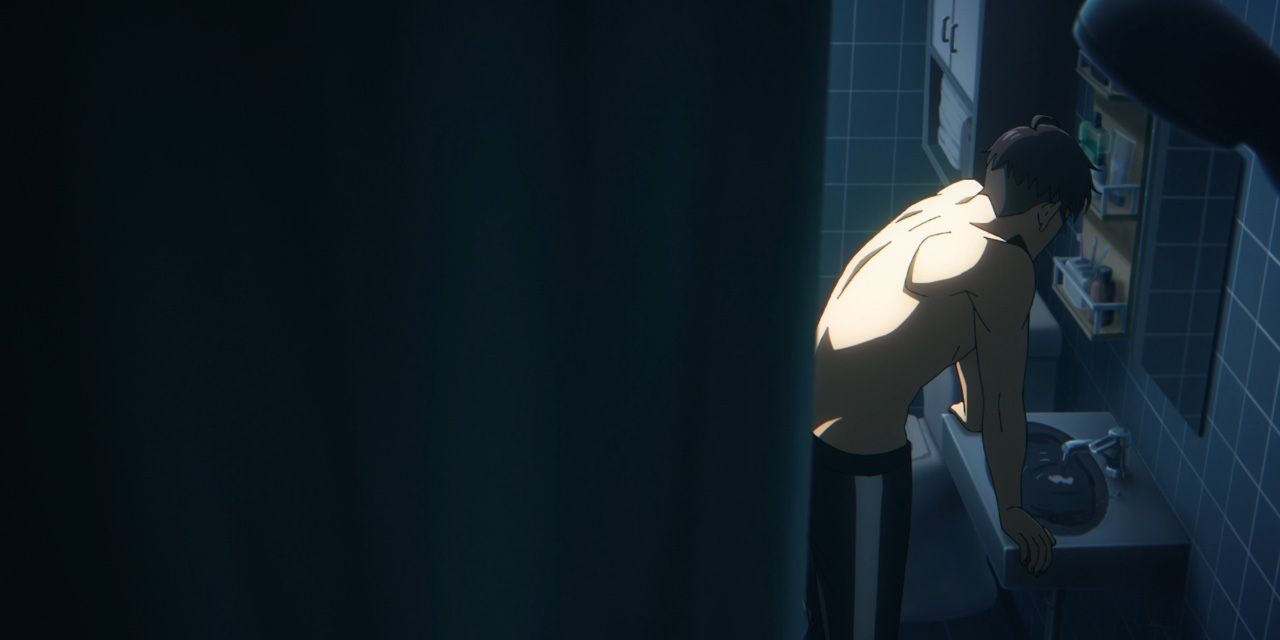
Sung Jinwoo has quickly become one of anime’s most iconic heroes, but his story is far from traditionally heroic. In the manhwa especially, there’s a constant sense that Jinwoo may be losing his humanity as he gets stronger and stronger through the system. Jinwoo often questions why the Magic Beasts can speak to him, and why he smells different to Haein, as these things all point to him being different from any other Hunter. This aspect of his journey is present in both the anime and manhwa, but the anime makes subtle changes.

Related
These Crucial Clues Prove Solo Leveling’s Jin-woo Hasn’t Lost His Humanity
Solo Leveling’s Sung Jinwoo is a character that was meant to get darker with every episode, but he still retains a very core part of his humanity.
The most telling change between how the anime and manhwa handle his transition into the Shadow Monarch is how he reacts when he is forced to kill other human beings. The anime has Jinwoo acting more remorseful, with additional scenes that display him actively contemplating the atrocities he’s forced to commit by the System. Some fans will definitely miss the edgier, anti-hero vibe Jinwoo has in the manhwa, but there’s no denying the anime’s subtle, gradual change for Jinwoo is a more realistic take on his character development.
5
The Anime is Faster-Paced Than The Manhwa
Solo Leveling Was Never a Slow Story, But The Anime Rarely Has a Dull Moment
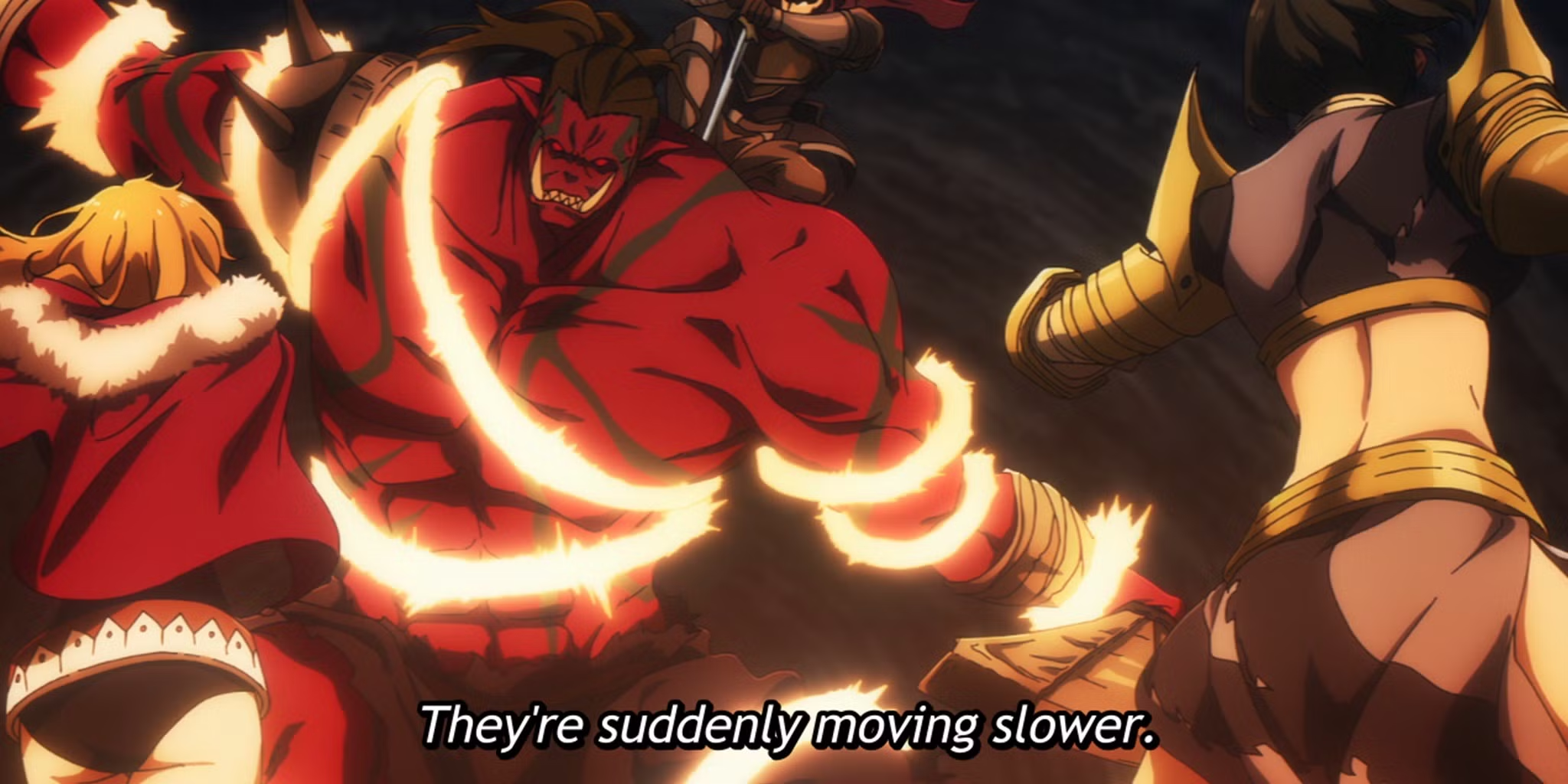
The Solo Leveling anime’s faster pacing is a bit of a mixed bag, as it can lead to problems at times, but it has generally worked favorably so far. The main conflict the increased pacing of the anime can cause is that it is forced to cut some details from the manhwa. While fans will definitely miss some of the small moments between Jinwoo and his Shadow Soldiers that the anime removes, it’s rarely anything too consequential to the overall narrative.
In some places, the increased pacing actually lends itself to allowing new themes to emerge that appear more prominently than they did in the manhwa due to certain events appearing more detached from one another. A recent example of this was in Season 2, Episode 3, when the emergent theme of fatherhood appeared much more obvious due to both Jinwoo and Jinho’s fathers playing important roles in the episode. Even beyond nuances like that, the increased pacing means big events happen sooner, and major fights are always around the corner in the anime.
4
Solo Leveling’s Fight Choreography is Elevated in the Anime
The Manhwa is Full of Iconic Moments That Often Come Off Even Better in the Anime
Animation already lends itself to more exciting fight scenes than manhwa, which is absolutely the case with the Solo Leveling anime. Solo Leveling has easily some of the best fights in modern anime, thanks to the incredible team at A-1 Pictures delivering week after week. It’s not just the animation quality that makes the anime’s fights so great, though. The anime just has better fight choreography than was present in the manhwa.
Considering there’s just way more that can be achieved with animation over manhwa, this is to be expected. That doesn’t mean the manhwa’s fights were bad, far from it. The Solo Leveling manhwa became so popular largely for how awesome the fight scenes looked and for Jinwoo’s awesome poses and moments during combat. The anime has done a great job of bringing those memorable poses to life, while also adding some awesome scenes between them that continue to set the standard for modern anime action.
3
The Voice Actors Add a New Layer to the Characters
The Vocal Deliveries and Changes in Some Lines of Dialogue Do A Lot For Jinwoo’s Characterization
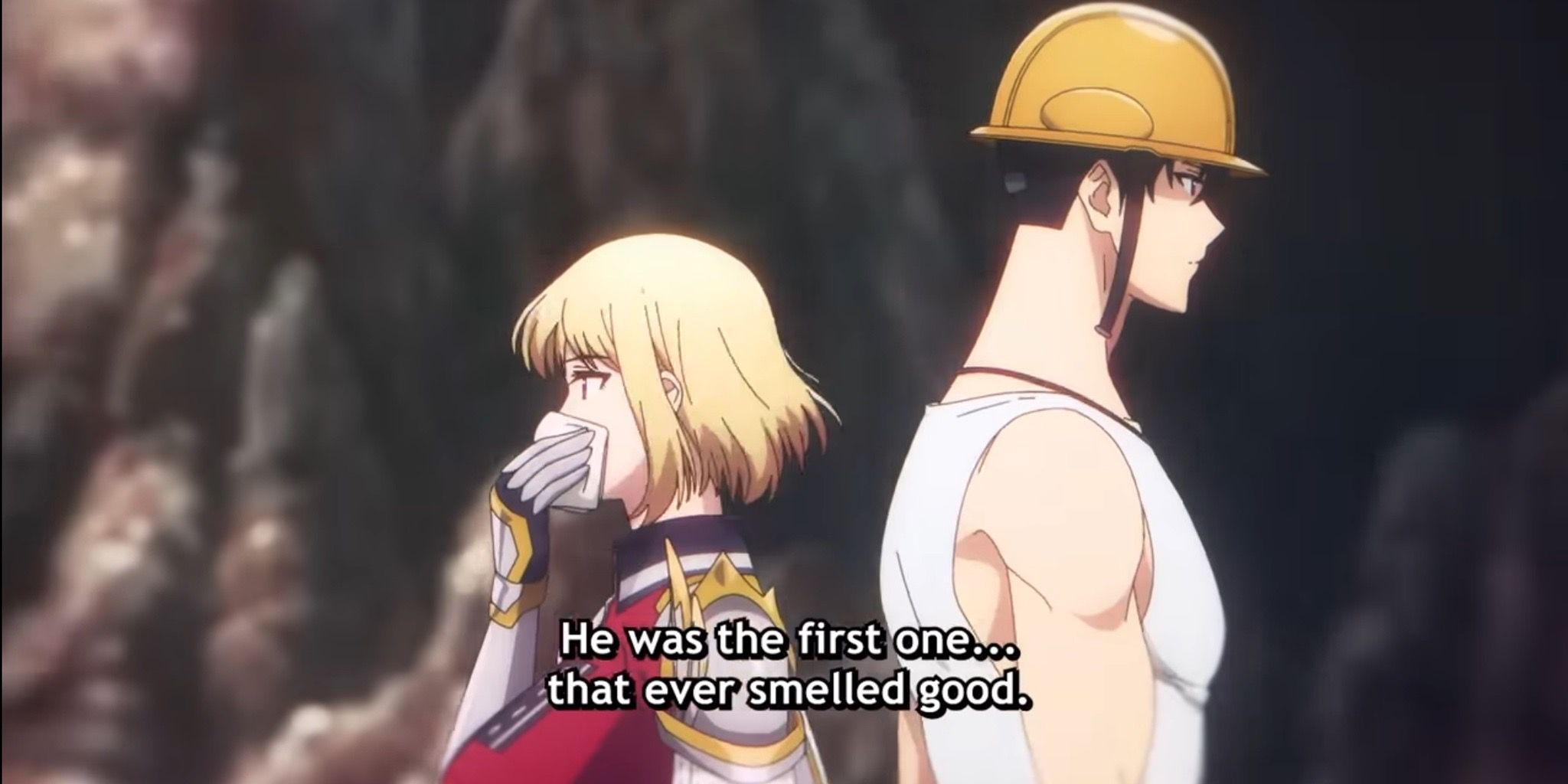
One advantage anime will always have over manhwa is its access to sound, by way of music and voice acting. It wouldn’t be fair to consider music as a change to the manhwa – considering it never could have music to begin with – , but the voice actors add something extra to the characters,. Jinwoo’s personal conflict of killing other humans is given a deeper, more believable layer when hearing the quiver in English VA Aleks Le’s voice during his fight against Hwang Dongsuk.

Related
Aleks Le, voice actor of Solo Leveling’s Sung Jinwoo, sat down with CBR to discuss his career, the series, and the upcoming film, -ReAwakening-.
The same can be said about the pure desperation in Japanese VA Taito Ban’s voice when Jinwoo fights for survival against Igris. It’s not just in the performances that the VAs are taking an active role in altering the source material, though. As Aleks Le told CBR in a recent interview, he has been given a lot of freedom in making the script work for English audiences, which includes sometimes rewriting pieces of dialogue to make them fit or feel more natural in English.
2
The Anime Includes Alternative Character Designs and Outfits
Solo Leveling’s Iconic Characters Are Shown in a New – Sometimes More Casual – Light in the Anime
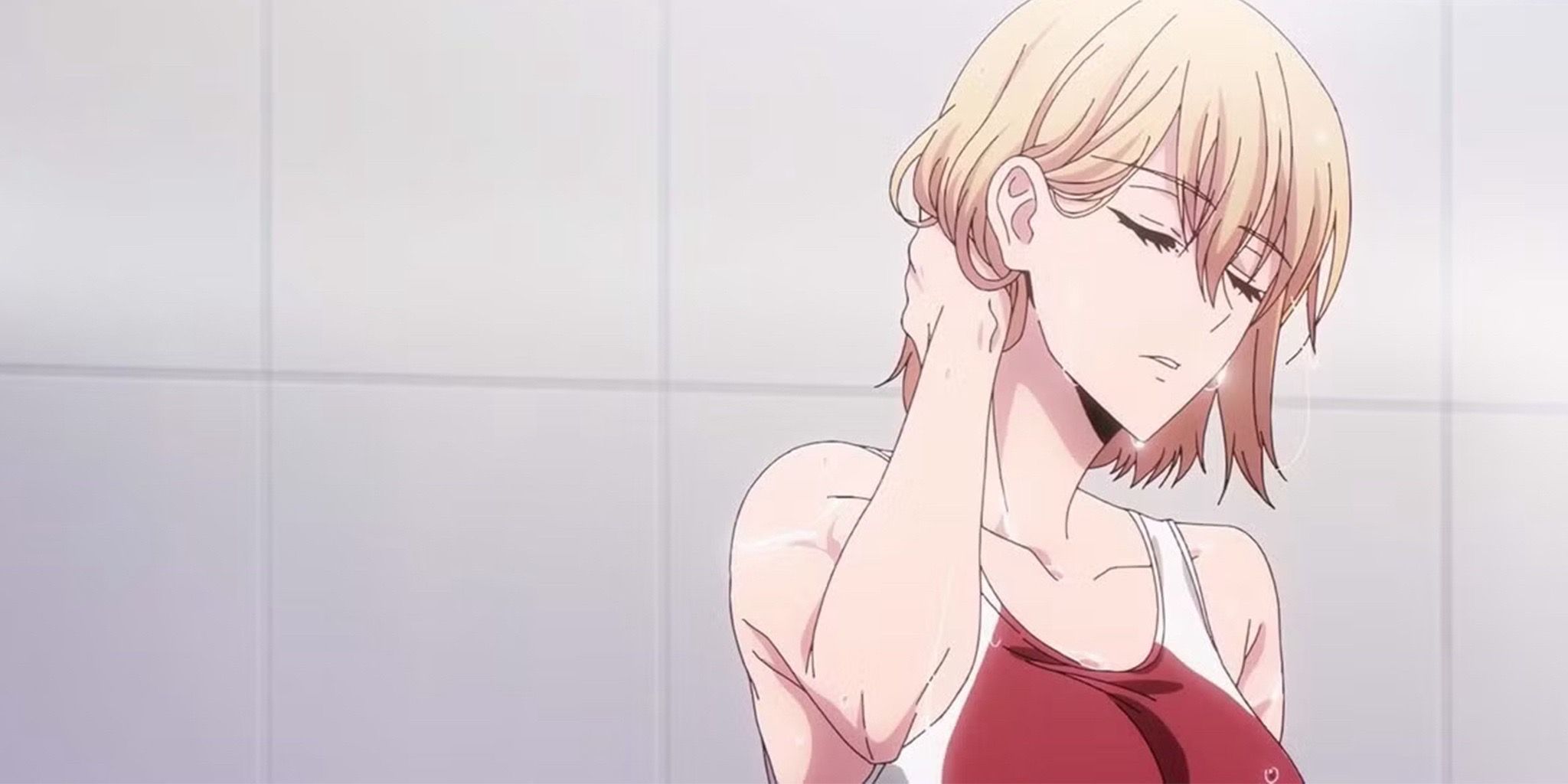
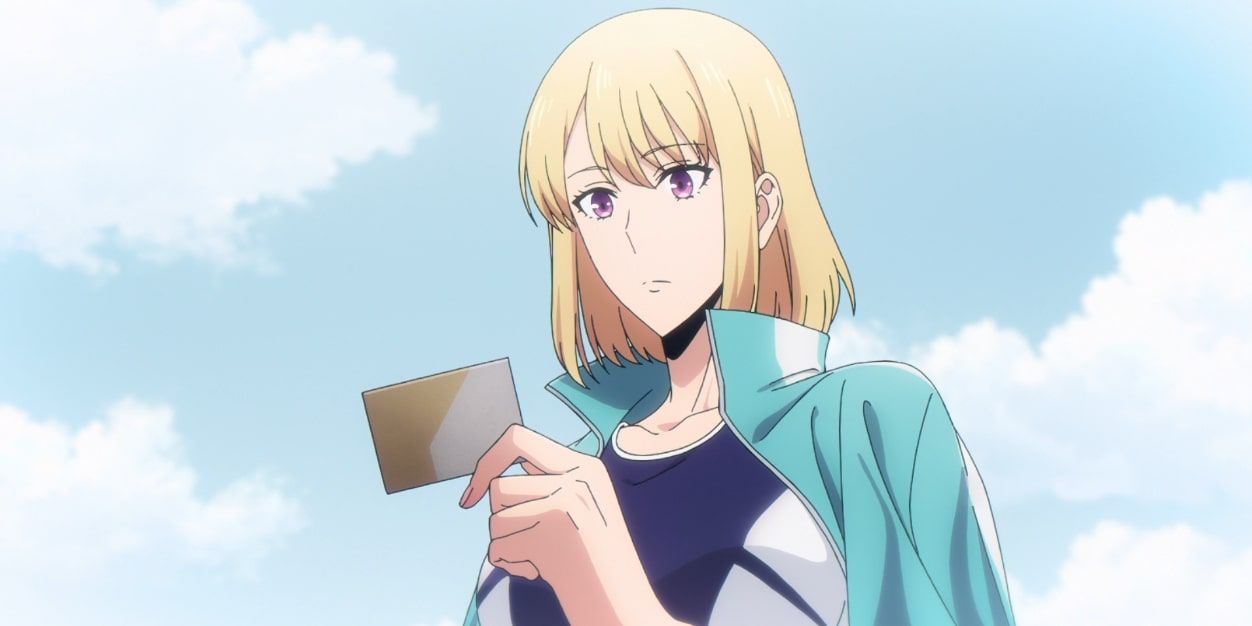
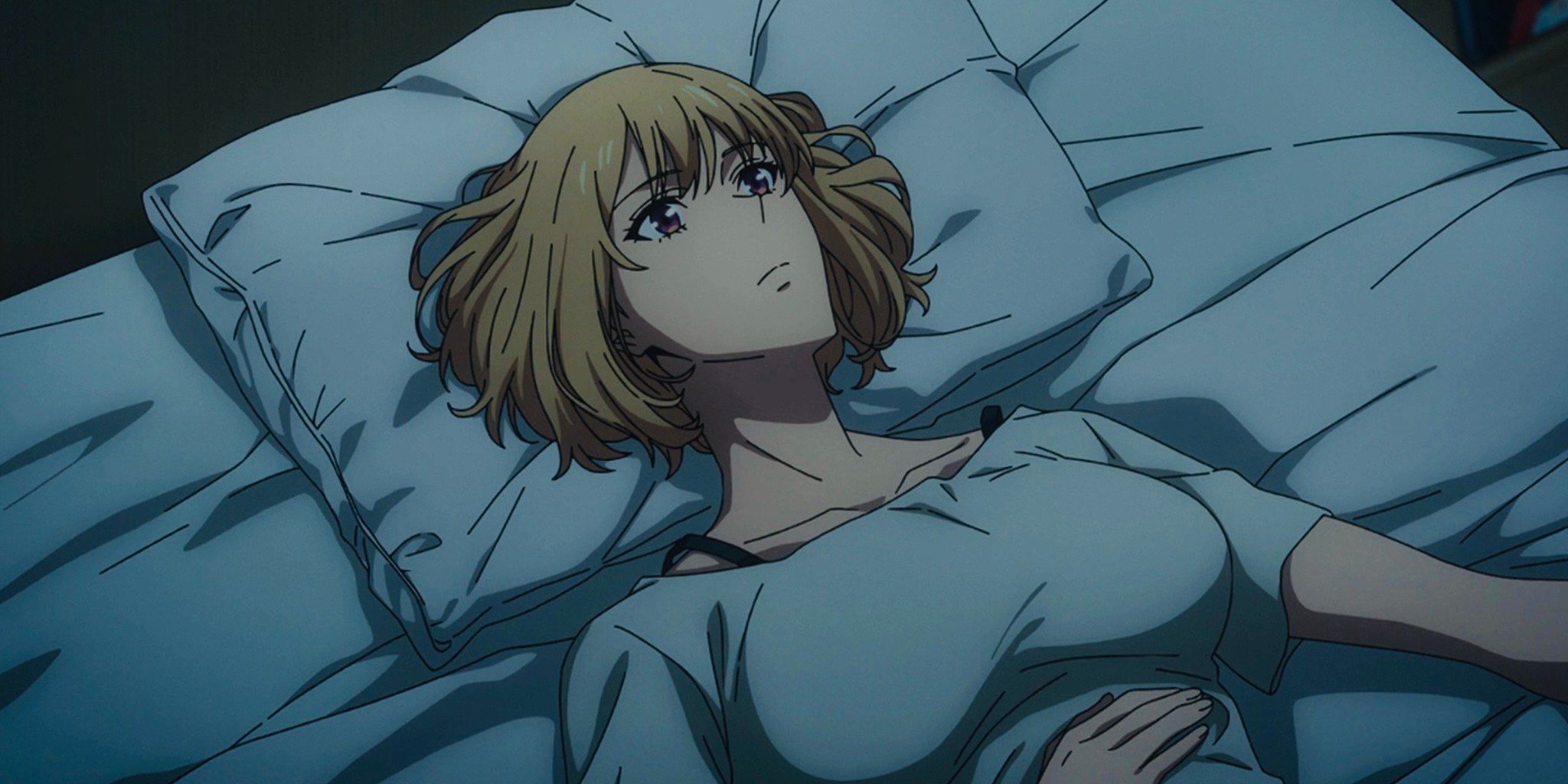
DUBU’s original art in the manhwa brought the Solo Leveling world and its characters to life in a way that can never be duplicated. The anime has done its best to respect the source material, but there are actually places where the anime includes additional outfits or slight alterations to designs that breathe new life into the characters. A good example of this is in Park Heejin, the White Tiger Guild’s A Rank Healer who joins Jinwoo in the Red Gate.
In the anime, her design is fairly generic, but the anime gives her a more identifiable look befitting of her memorable role in the series. Other characters, from Kim Chul to Gina to Cha Haein, are shown in their off-duty, casual attire or workout clothes. While this has led to some questionable fan-service moments for Haein specifically, it does expand on the characters by showing that they’re more than just Hunters who are relegated to fighting Magic Beasts in the Gates.
1
The Anime Includes Fun Easter Eggs For Fans of the Series
Manhwa Readers Are Treated to Winks at the Source Material Throughout The Anime
Solo Level‘s earliest episodes are full of early introductions to important characters, but they also consist of some great blink-and-you’ll-miss-it Easter Eggs of characters that only manhwa fans would recognize. One of the earliest of these is Han Songyi, who shows up in the Hunter’s Association in Episode 1 multiple times in the background. Later in Season 1, Kim Chul (who would later become Iron) and Byunghan made a brief cameo. Gina and Lee Bora also share a short conversation with Park Heejin in Episode 6 of Season 1.
These are all characters fans would be completely unfamiliar with unless they read the manhwa, making it a fun nod. Even the OP showcases exciting moments fans will be looking forward to, with Season 2’s including a subtle hint tab the introduction of Esil, a beloved side character during Jinwoo’s rerurn to the Demon’s Castle. The English Dub even includes its own dub-only Easter Egg in Episode 1 of Season 2. In it, Jinah tells Jinwoo to “wakey wakey”; a clear reference to the popular “Arise Outtakes” YouTube skit by English Dub actor Aleks Le. These kinds of Easter Eggs and nods to the fandom show that A-1 Pictures is doing its best to stay in tune with the audience while also utilizing a deep understanding and awareness of the material they’re working with.
Solo Leveling is currently streaming on Crunchyroll.



